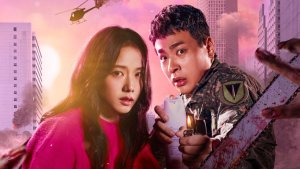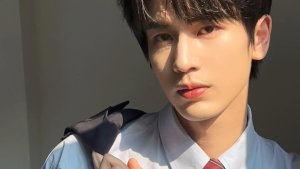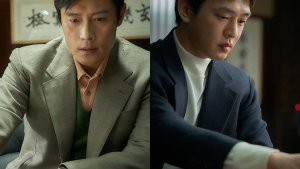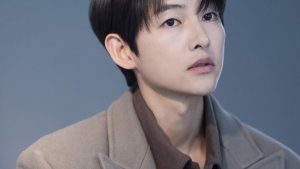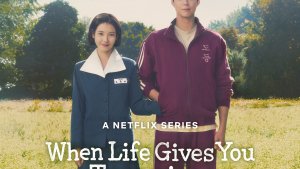 Lee Hye Ri's agency takes legal action against malicious commenters
Lee Hye Ri's agency takes legal action against malicious commenters
'The Trauma Code's Ju Ji Hoon strongly disagreed with director Lee on THIS scene: 'It makes no sense
Recently, Hallyu star Ju Ji Hoon sat down for an interview at a café in Seoul. During the conversation with the local press, he talked in depth about his Netflix series The Trauma Code: Heroes on Call, his thoughts on Korea's social hierarchy, the challenges that come with adapting webtoons to live-action works, and more.
The Trauma Code: Heroes on Call follows Baek Kang Hyuk (Ju Ji Hoon), a genius surgeon who has performed surgeries even in the most chaotic conflict zones. He takes on the mission of leading the underfunded and sidelined Trauma Team at a university hospital.
The K-drama is adapted from the popular Korean web novel "Severe Trauma Center: Golden Hour". The novel, penned by Lee Nak Joon (under the pseudonym Hansan), a doctor, is renowned for its dramatic progression and realistic depiction. Therefore the show was highly anticipated by fans of the genre.
This project involved extensive preparation. Ju Ji Hoon, who previously said he and the team had 10-hour-long meetings for a project, revealed that The Trauma Code was the project behind those rigorous discussions.
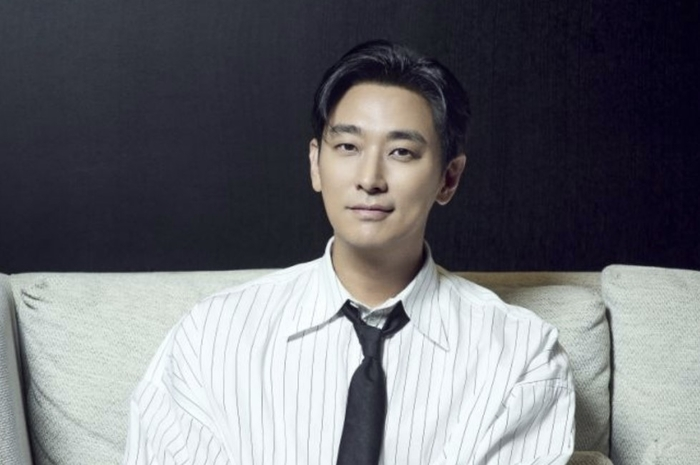
The actor shared, "For this project, especially, I had so many conversations with the director. It wasn't like sitting down and having a meeting but more like talking every day on the phone, catching up, and eating meals and conversing. I've worked on a lot of comic adaptations. My debut project was Goong [adapted from manhwa]. I've probably done more of these than anyone. The challenging part of such projects is the gap in perspectives between those working on set and the production staff who aren't directly involved on-site. Like there are scenes that are only possible in comics."
He continued, "Plus, comics have a lot of redundancy. To give an extreme example, if I was drinking coffee and I ran out of it, I can just lift the cup and point to it with my hand. But in a comic, the character would say, 'More coffee, please.' Lines like that can break the flow in live action. There's a big difference between how something is perceived in illustrations versus on screen. Adjusting those differences in a way that both sides understand is incredibly challenging. Because there's no clear answer. But there are things that are [or can go] wrong, and navigating that process was tough.
"I worked myself to death for this project. If I had at least been paid production costs [for the amount of effort I put in], I wouldn't have said that. I just ended up doing two, three times the work."
Ju Ji Hoon on making The Trauma Code medically realistic while keeping the thrill
Having previously worked on a medical drama, MBC's Medical Top Team in 2013 (for which the actor observed surgeries, attended classes, and even participated in open lectures), Ju Ji Hoon highlighted that The Trauma Code is not the same kind of medical drama. Nonetheless, he made considerable efforts to maintain medical accuracy, particularly in surgical scenes. He stressed, "We're dealing with matters of life and death [in the drama], so we can't approach it lightly. I prepared very hard."
He elaborated, "In real life, severe trauma cases — like performing a surgery where the patient's skull needs to be drilled on a helicopter — where every second counts, are unimaginably difficult. If it happened for real, it would mean exercising incredibly precise surgical skills at an extremely fast pace, which is truly remarkable. But I wondered if that [tension] can be conveyed on screen in a dramatic way. Works like these that are highly detailed often struggle to deliver dramatic thrill."
"We faced such a challenge with Medical Top Team also. I think that influenced the director’s overall approach to this project. After all, There's a tone and manner unique to a genre like this. The Trauma Code isn't meant to feel like a documentary."
He added, "If blood spurted out the way it does in the drama during surgery for a ruptured heart, the patient wouldn't survive. It can happen in a drama like Kingdom. But if we had left that scene out, there wouldn't have been dramatic tension. So in cases like these, we hold discussions with experts. We research to see if there has been even a single case like this anywhere in the world. If we just wing it without knowing, we're bound to get caught [get criticized]. Even if there are no real-life examples, we think about how we can present it in a way that the majority of viewers can accept easily. But this isn't math. There's no definitive answer. The only way is to keep discussing, shooting, and monitoring as we go."
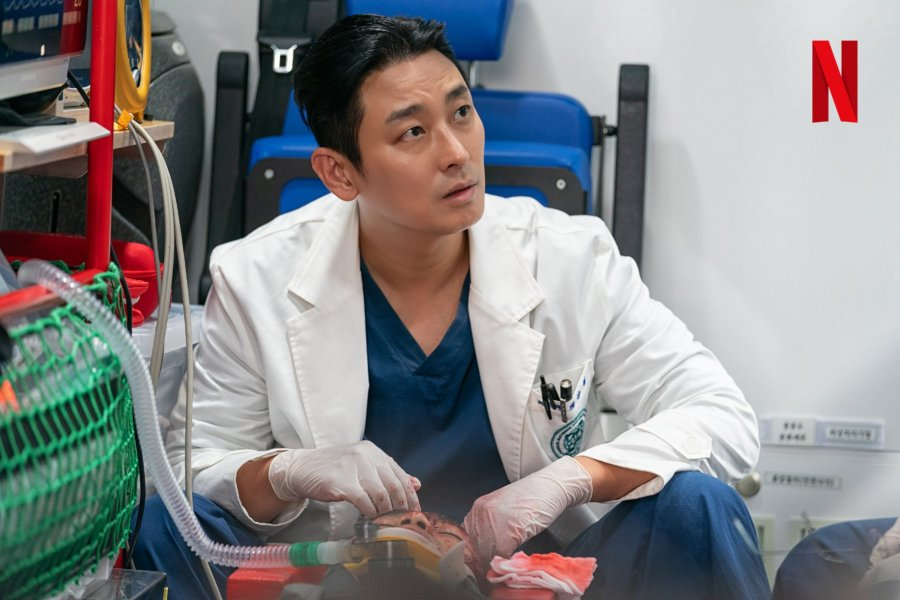
He continued, "Experts might have their opinions, but I felt that even they, [when they watch the drama,] wouldn't say, 'That's fantasy.' It wasn't a matter of 'It's fine because it's a drama.' We had the head of the Trauma Center at Ewha Womans University Hospital on set. Highly experienced, top-level nurses were also present. During meetings, the cinematographer would ask questions like, 'With [the patient losing] this much amount of blood, will it look realistic?' We constantly discussed and adjusted things accordingly."
The Trauma Code: Heroes on Call becomes the most demanding project of Ju Ji Hoon's acting career
"Now that filming is over, I can admit it. I was completely drained. In my 20 years of acting, this is the most exhausting project I've ever done. But it's also such a bright and upbeat series."
Reflecting on returning to a medical drama after 12 years, Ju Ji Hoon said with a laugh, "The doctor's coat felt much smaller this time. That's because I've gained 10kg since then." He added, "That said, I didn't think, 'This time, I need to show them.' People who know me well can tell that I'm very introverted. The fact that I'm able to talk like this now is because of my social skills [that I honed over the years]. Having worked in the industry for nearly 30 years, including my time as a model, I've developed the social skills needed to be a frontman. I’m not someone great who has anything significant to teach others."
Ju Ji Hoon says he's not disrespectful — just straightforward
Despite being introverted, Ju Ji Hoon believes in "saying what he thinks needs to be said." He explained, "If you don't address an issue right away, the situation can spiral out of control [later]. Then money is poured in... If we wait until later when things have progressed and say, 'This needs to be fixed,' it's meaningless. That's why I try to be as honest as possible and say what needs to be said. But that doesn't mean I'm rude."
In both the web novel and the K-drama, Baek Kang Hyuk is portrayed as a straightforward, sometimes even rude, character, but he is also shown as a caring doctor who values his patients' lives the most.
Ju Ji Hoon commented, "If someone in real life is outstanding at their job but rude, I don't like that person," adding, "I've experienced this many times in my life: there are people who mistake rudeness for honesty. However, I do like straightforward people. I'm straightforward myself."
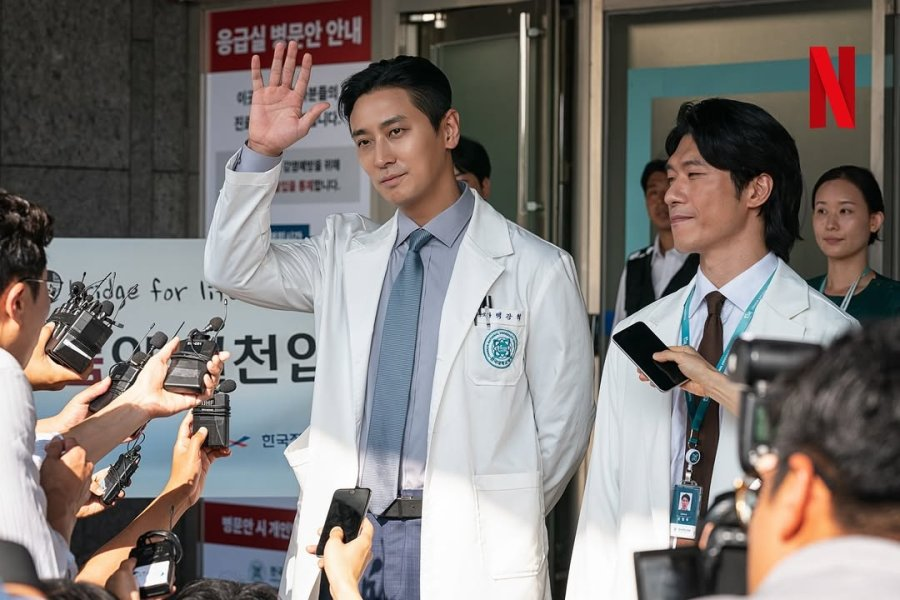
"Baek Kang Hyuk and I have this common trait of being straightforward. When I was a rookie, the times were such that actors weren't supposed to voice their opinions to directors. I found that strange. I wasn't disrespectful, but I was often told I was. It's just that when you say the right things, people tend to curse at you. But fortunately, it seems like the rigid hierarchy culture has loosened up a bit now."
Ju Ji Hoon and director Lee Do Yoon had strongly differing opinions about one scene in particular
Ju Ji Hoon, who freely expresses his opinions, and director Lee Do Yoon, who embraces them with an open mind, reportedly engaged in intense discussions over several scenes. The actor shared, "I argued with the director to the point of exhaustion over the scene where Chief Han Yu Rim's daughter is undergoing surgery, but I lost," adding, "It doesn't make sense for an outsider, who hasn't even been sanitized, to enter the operating room where a patient has been opened up. However, from the director's perspective, to deliver a more dramatic, emotional impact to the audience, the father needed to be crying beside her. It's a difference in perspective."
He added, "Everyone has their own perspective, but it's the actors who are the face of the production. If the facts are wrong and an article comes out blaming the director, in the end, it's me who has to take the blame. Even if I insist it wasn't my decision, there's no escaping the blame. The burden always falls on the actors. With medical dramas, the stakes are even higher because the subject matter involves people's lives. There's a significant risk of leaving a bad impression if something is mishandled. I worried a lot about that," he admitted, highlighting the heavy burden he felt during the project.
Director Lee calls Ju Ji Hoon "more Baek Kang Hyuk than Baek Kang Hyuk himself"
Regarding his approach to choosing projects, Ju Ji Hoon said, "If something is completely different from my taste, I decline it. But if I see some good aspects in it, and I don't fully understand something, I ask questions. I express my curiosity, like, 'Why do you think this is interesting?' and I make suggestions. It's not like 'If you do what I want, I'll do it.' They aren't perfect either, which is why we brainstorm. Each side has some good things to offer, and if we can find common ground and work together, we do."
Perhaps it's because of this characteristic that director Lee Do Yoon, a close friend of the actor, said Ju Ji Hoon is "more Baek Kang Hyuk than Baek Kang Hyuk himself."
Laughing, Ju Ji Hoon shared, "The director said I'm 'annoying.'" "There's a difference between being rude and being honest. I'm not rude. It's just that we've grown so accustomed to speaking in roundabout ways. In personal relationships, I naturally try to express myself kindly because, after all, people avoid people they don't like. However, when it comes to work, I tend to be direct while ensuring I'm not being rude."
He continued, "But then people get upset and call me rude. They also say I'm obnoxious. It's hard. I'm saying this because it's frustrating that something that could be said in five minutes gets dragged out for an hour. Korean society places a lot of importance on hierarchy, doesn't it? It's not about the senior-junior relationship; it's the whole 'what if the person gets offended' thing that I just can't understand. During meetings, if everything the director says is right, then what’s the point of having the meeting? It's not about who is right; it's about addressing the issue at hand, and I don't see it as a matter of rank. Those who place more emphasis on hierarchies tend to dislike me. Of course, director Lee Do Yoon said I'm annoying because we're close. He didn't mean it literally," he said, laughing.
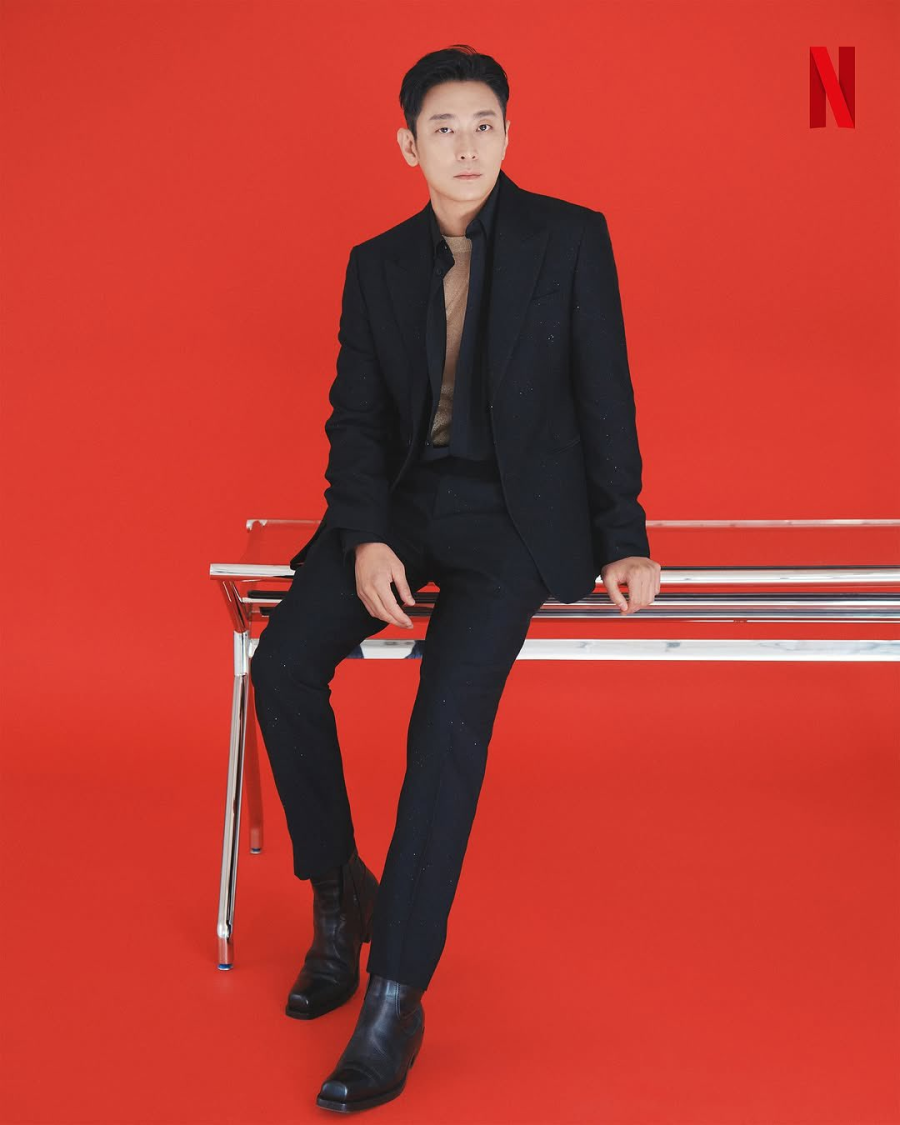
For the web novel, the character of Baek Kang Hyuk was inspired by Professor Lee Guk Jong, South Korea's top authority in the field of trauma treatment and trauma care. However, Ju Ji Hoon clarified that he did not act keeping Professor Lee Guk Jong in mind. "Our work is not a documentary-style drama but rather an action-adventure with elements of fantasy, so I didn't refer to or consciously keep note of every aspect of Professor Lee. However, watching documentaries about him and his selfless dedication to doing whatever it takes for his patients, in a way, helped in portraying this character."
Regarding his interpretation of Baek Kang Hyuk, Ju Ji Hoon explained, "I think the director fundamentally seemed to hope that the audience would cheer [for that aspect of the character] being 'annoying' and boastful. Some works subtly weave in values worth reflecting on." "I hope there are at least a few people who think that it's okay to push back against some things."
He also said, "I still hate the idea of everyone blindly following the 'director's orders' on set. There are still people who think everything the director says is right, but I don't agree with that," he said, laughing.
"That's why the younger actors like me. On set, when they had questions, instead of responding with, 'How can an actor not know this?' I would say, 'Let's be honest. The director isn't a doctor either.' They naturally have a lot of questions, and it's important to go into detail about why something is or isn't right so they can understand and adjust. I wanted to go through that process with my juniors. My seniors did that for me, and I really appreciated it."
Additionally, Ju Ji Hoon expressed, "I really admire the director, and I love our team, and Kyung Ho hyung. I apologize for repeating the same thing across my three projects this year, but the more time passes, the more I realize the importance of colleagues. Even though it's tough, I'm confident that working with them is worthwhile. Whether Season 2 is produced ultimately depends on the audience, but I have no reason to turn it down," he said, praising the team behind The Trauma Code: Heroes on Call.
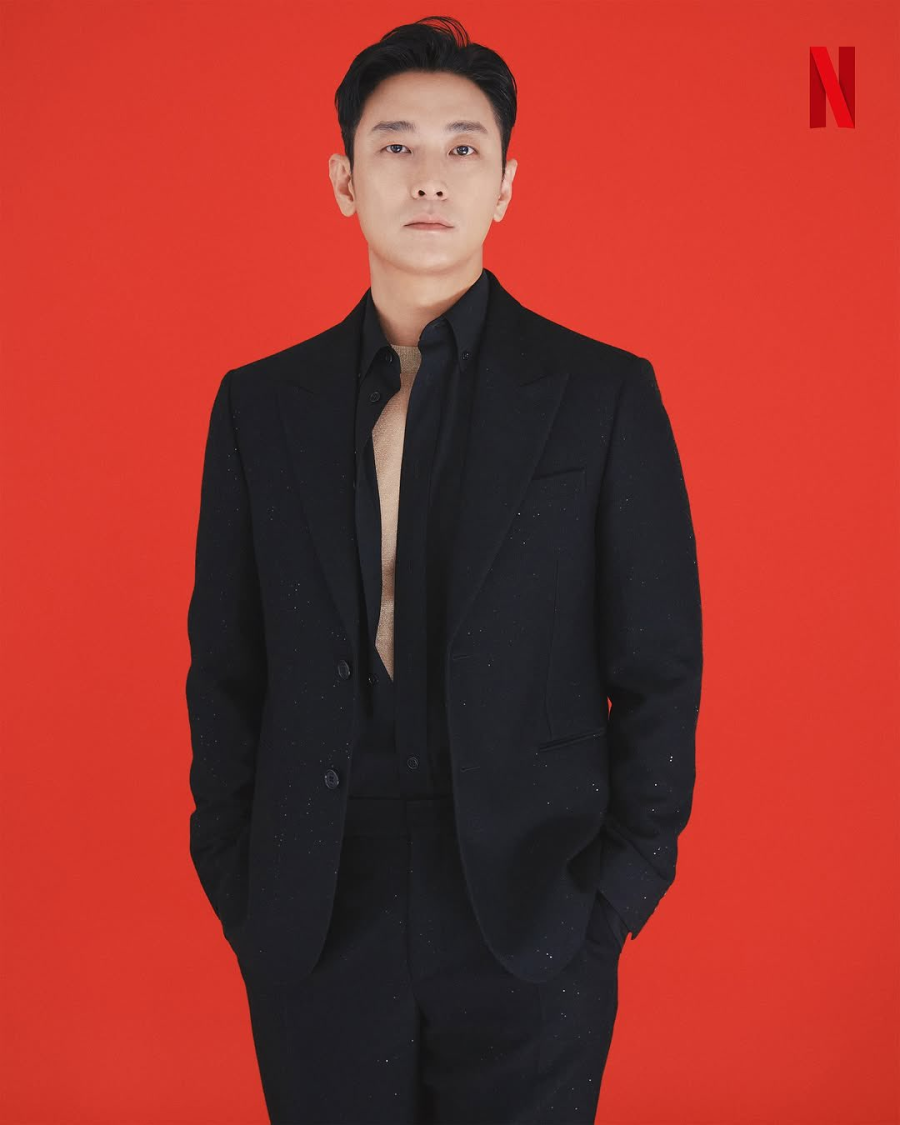
Ju Ji Hoon reflects on his acting journey
From being criticized early in his career for being "too tall, too dark, and not good at acting" to now being one of the biggest Hallyu stars, Ju Ji Hoon has come a long way. Reflecting on 20 years since his debut as an actor with Goong, he shared, "It wasn't easy." "I didn't major in acting, and I think that's why things turned out the way they did. When I see my friends who learned acting in school, I think, 'Oh, so they learn these things [at school].' I had to learn everything on set, one step at a time. Back then, the hierarchy between seniors and juniors was much stricter. So unless you were the cinematographer, you couldn't even touch or gaze at the lenses. I'd secretly go and ask why they were changing things because I was so curious about everything. [I would ask,] 'Why are you laying down the rail?' 'Why are you changing the lighting?' 'Why are you swapping lenses?' Even now, I still ask those kinds of questions."
He also revealed that he has started nurturing ambitions for producing works. "I'm thinking about producing, but I'm not considering directing at all. I feel like I'd become one of those awful directors that actors dislike the most," he joked. "There are a few projects I'd like to produce, but I can't say much about them yet. Honestly, it's a little embarrassing. Despite my preparation, I still need investment. It won't look good if I talk too much and fail to secure funding. I'll share more once things are more firm," he concluded.


